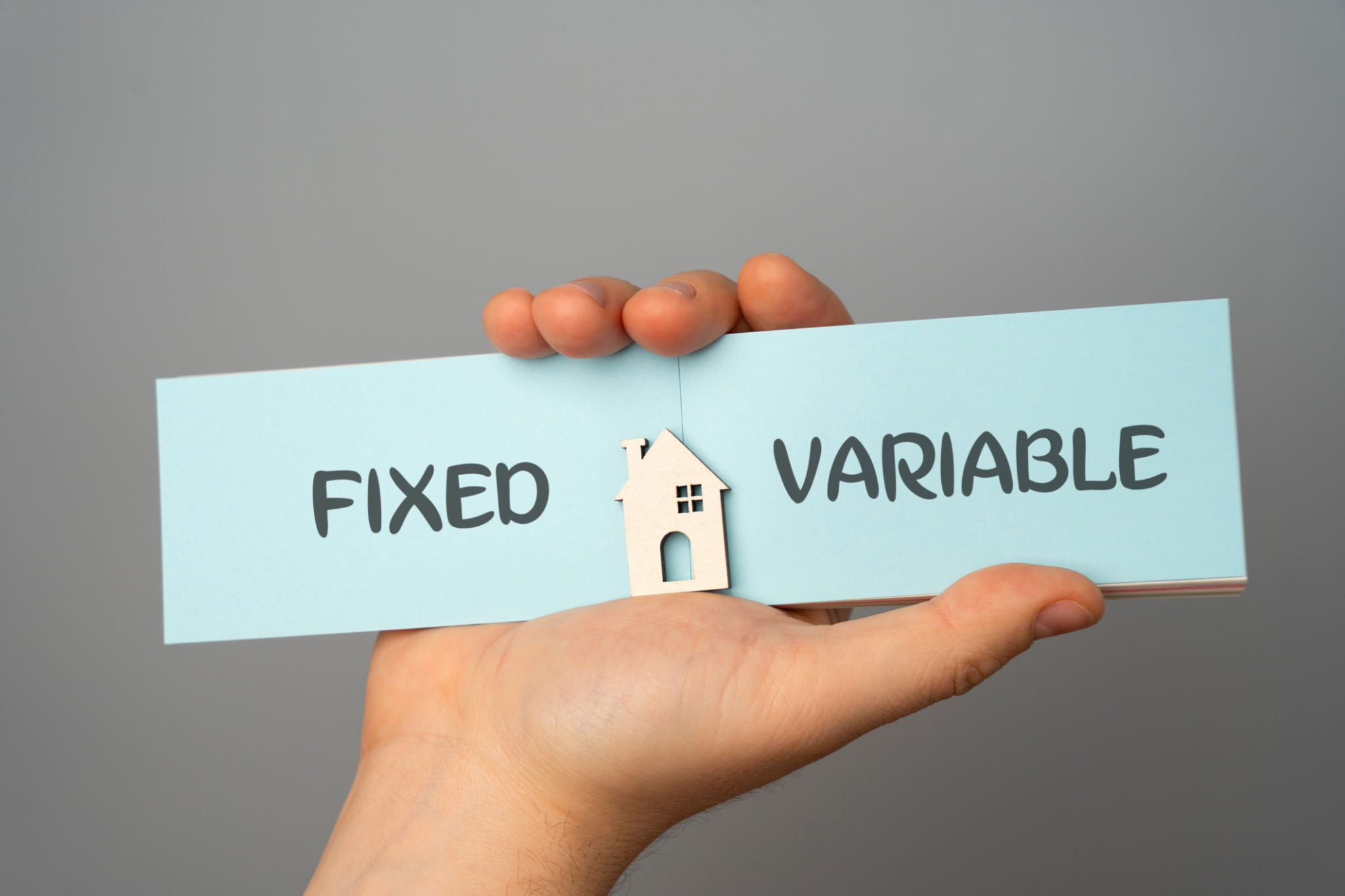The Ultimate Comparison: Fixed-Rate vs. Variable-Rate Mortgages
Understanding Fixed-Rate Mortgages
When it comes to choosing a mortgage, understanding the different types available is crucial. A fixed-rate mortgage is one of the most popular options among homebuyers. As the name suggests, this type of mortgage features an interest rate that remains constant throughout the life of the loan. This stability can be particularly appealing for those who value predictability in their monthly payments.
The primary advantage of a fixed-rate mortgage is its consistency. Borrowers can budget their finances with confidence, knowing that their mortgage payment will not change over time. This can be especially beneficial in times of economic uncertainty or when interest rates are expected to rise.

Who Benefits Most from Fixed-Rate Mortgages?
Fixed-rate mortgages are ideal for individuals who plan to stay in their home for an extended period. If you anticipate living in your property for more than five to seven years, the stability offered by a fixed-rate mortgage can be advantageous. Additionally, those who prefer a straightforward, uncomplicated financial plan may find this option appealing.
However, it's important to note that fixed-rate mortgages often come with slightly higher initial interest rates compared to variable-rate mortgages. This is the trade-off for the predictability they offer. When interest rates are high, locking in a fixed rate may result in higher monthly payments compared to variable alternatives.

Exploring Variable-Rate Mortgages
On the other hand, a variable-rate mortgage, also known as an adjustable-rate mortgage (ARM), features an interest rate that can fluctuate over time. These changes are typically tied to a benchmark interest rate or index, and adjustments can occur annually or at other predetermined intervals.
The initial interest rate on a variable-rate mortgage is often lower than that of a fixed-rate mortgage. This can result in lower initial monthly payments, making it an attractive option for some borrowers. However, as interest rates adjust, monthly payments could increase, potentially leading to higher costs over the life of the loan.

When to Consider a Variable-Rate Mortgage
Variable-rate mortgages can be beneficial for borrowers who expect their income to increase over time or who plan to sell or refinance their home before the interest rate adjusts significantly. If you are confident in your financial future and are willing to accept some level of risk in exchange for lower initial payments, a variable-rate mortgage might be suitable.
It's essential to consider the potential for increasing interest rates and how they might impact your budget. While the initial savings can be appealing, carefully evaluate whether you can accommodate potential payment increases in the future.
Making the Right Choice
Deciding between a fixed-rate and a variable-rate mortgage depends on several factors, including your financial situation, long-term plans, and risk tolerance. Here are some considerations to help guide your decision:
- Long-Term Plans: If you plan to stay in your home for many years, a fixed-rate mortgage may provide long-term savings despite higher initial costs.
- Market Conditions: In a rising interest rate environment, locking in a fixed rate can protect against future increases.
- Financial Flexibility: If you need lower initial payments and expect your income to grow, a variable-rate mortgage could offer short-term benefits.

Ultimately, the choice between fixed-rate and variable-rate mortgages is personal and should reflect your unique circumstances. By understanding the differences and weighing the pros and cons of each option, you can make an informed decision that aligns with your financial goals.